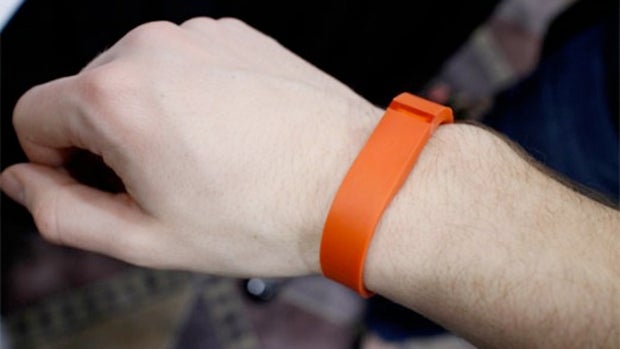Half of Brits prefer fitness trackers to the gym

Cover your ears, gym bunnies – half of Brits reckon fitness tracking tech trumps the gym for a workout session.
According to new research from O2, 50 per cent of UK survey respondents revealed they would consider using wrist-borne gadgetry to boost their training instead of going to the gym.
The study also revealed that 57 per cent of Blighty denizens think wearable tech and fitness apps have ‘helped them to care more about their health’.
Apparently ‘most’ have downloaded upwards of three different applications in 2014 to help improve their fitness.
Calories were outed as the most popular metric to monitor, with a sizeable 60 per cent of Brits using tech to track their intake.
Next in line was miles/kilometres travelled at 36 per cent, with steps taken coming in slightly behind at 35 per cent.
There was also some strong location disparity too, with Northern Ireland topping the list for fitness applications, with 70 per cent of the local respondents using healthy tech.
Letting the fitness side down were Wales and the East Midlands though, both ranking bottom for willingness to try out fitness apps.
Magnus McDonald, O2’s General Manager for Devices, said: “Being able to support and track our lifestyles through our mobile devices is fast becoming an essential part of our day-to-day lives.”
“The fact that
Read More: Apple Watch release date, price, features, and rumours


